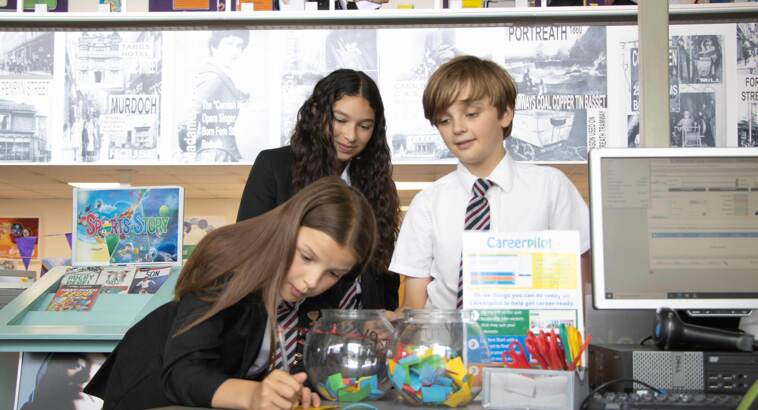- Home
- Curriculum
- Literacy
- Critical thinking reading lessons
- facebookShare this page on Facebook
- twitterTweet this page
- pinterestPin this page
Critical thinking reading lessons
Reading is closely linked to increasing understanding of our own identities and can also play a large part in relating to others and understanding their views and perspectives.
In KS3, students read and discuss a topical news story every Friday. We use The Day. The Day is a rich and engaging online educational resource that offers the news at five differentiated reading levels.
‘The Day brings big global issues into the classroom to engage all learners and inspire comprehension through challenging, rich texts, experiential learning, discussion and the acquisition of core knowledge about the real world. By making connections between current affairs and the curriculum, students are more actively engaged in their studies and more inquisitive, enabling them to develop cultural capital and the skills they need to be successful in the modern world and ethical, informed citizens. Investigating what is true and exposing misinformation enables people to make good choices and fulfil their potential. We work towards a world where young people everywhere learn how to become ambitious, capable learners, ask good questions, debate the issues, listen to others and develop a powerful voice in shaping a better future.’

In KS4, all students are encouraged to read for pleasure and to develop their critical thinking skills. Twice a week, students enjoy an academic reading lesson where they encounter complex authentic texts selected to broaden horizons and develop vocabulary. Guided reading ensures students:
- improve their reading comprehension
- develop their ability to understand sophisticated (tier 2/3) vocabulary in context
- build background knowledge
- explore big ideas and complex issues
Each text has pre-reading questions to provoke thought and to get students to engage, and vocabulary words to explore and discuss in context. Response questions, with at least one question linking to a new vocabulary word, promote class discussion and using oracy as a foundation for academic writing.


